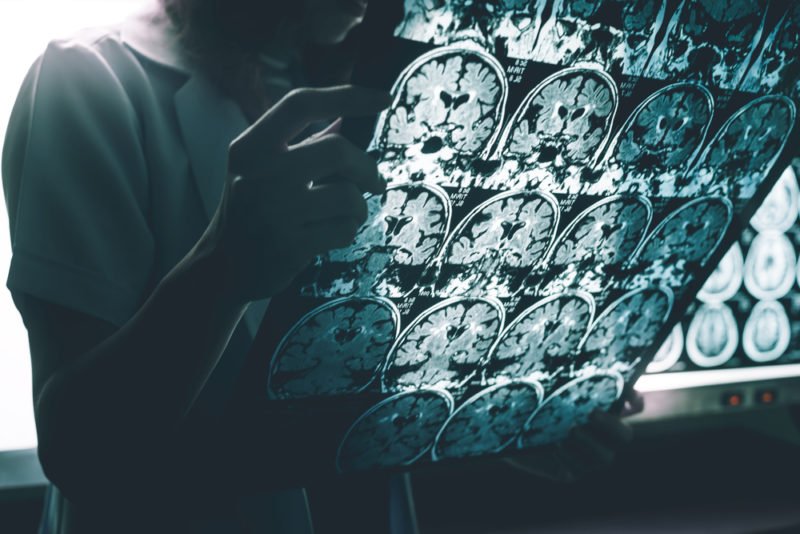Scientists at McGill University in Quebec recently discovered a new indicator of Alzheimer’s disease. The newly identified symptom provides a noninvasive way of tracking the progression of the disease in Alzheimer’s patients, and could help lead to earlier diagnosis. The symptom that everyone needs to be aware of? Loss of smell.
The Study
In a study published in the journal Neurology, researchers studied 300 people who were at risk of Alzheimer’s disease. Each participant had a parent who suffered from Alzheimer’s. They were given multiple-choice scratch and sniff tests and asked to identify different smells, ranging from bubble gum to gasoline.

The study showed that the participants who had the most difficulty identifying the smells in the scratch and sniff tests also showed the most biological indications of Alzheimer’s disease. The study’s first author, Marie-Elyse Lafaille-Magnan, said, “This is the first time that anyone has been able to show clearly that the loss of the ability to identify smells is correlated with biological markers indicating the advance of the disease.”
She continued, “For more than 30 years, scientists have been exploring the connection between memory loss and the difficulty that patients may have in identifying different odors. This makes sense because it’s known that the olfactory bulb (involved with the sense of smell) and the entorhinal cortex (involved with memory and naming of odors) are among the first brain structures first to be affected by the disease.”

The new discovery could be used to identify Alzheimer’s and track the progression of the disease long before other symptoms appear. Researchers also may be able to reduce Alzheimer’s symptoms once they begin.
Dr. John Breitner is the director of the Centre for Studies on Prevention of Alzheimer’s Disease at McGill University. He explained, “If we can delay the onset of symptoms by just five years, we should be able to reduce the prevalence and severity of these symptoms by more than 50%.”
For now, researchers warn against using smell alone to determine a diagnosis. However, they are hopeful that with further studies, the smell test can be used in place of more invasive and expensive procedures.